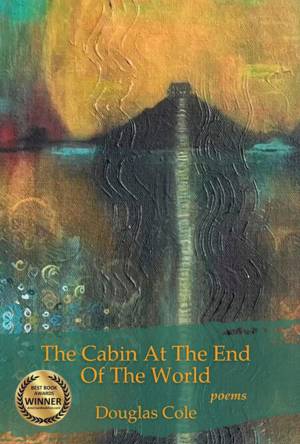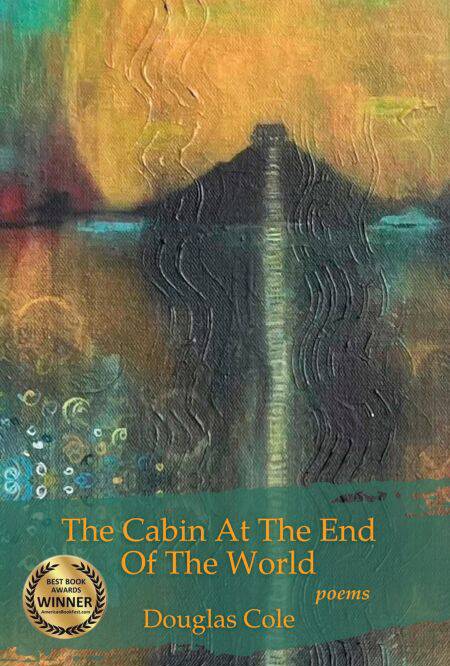
- Retrait gratuit dans votre magasin Club
- 7.000.000 titres dans notre catalogue
- Payer en toute sécurité
- Toujours un magasin près de chez vous
- Retrait gratuit dans votre magasin Club
- 7.000.0000 titres dans notre catalogue
- Payer en toute sécurité
- Toujours un magasin près de chez vous
Description
A 2024 Best Book Awards Winner for Urban Poetry, and Finalist in both the Narrative and Contemporary Poetry categories, The Cabin at the End of the World is Douglas Cole's first poetry collection to explore the prose poem. Inspired by Charles Baudelaire, Octavio Paz, Claudia Rankine and James Wright, Cole tells a tale of the world in fragmentary, dreamlike poems rich in musical language that retains a mystery bringing readers back again to see what shimmers at the edge of the page. If the finger pointing at the moon is not the moon, then these poems are visions wrought in moonlight.
In classical Chinese Zen painting, nature is large, human presence often nothing more than a tiny hut. In the Tradition of Mountains and Rivers, clarity of vision comes most often with a journey up and out of the world of political intrigues and warfare and pettiness. A similar vision comes through the poetry in The Cabin at the End of the World. But as the 12th-century Zen poet, Ikkyu, also known as Crazy Cloud, writes: one cannot truly experience enlightenment in seclusion. It must happen in the world, in a lover's kiss, in a night of revelry and drinking. Just so, The Cabin at the End of the World explores truth and beauty in the world of people and their lives, and even when we do reach the Mountain and Rivers in the section titled "Windows of the Sea," human remnants, outposts, graves and ghosts still hover close under the surface. Any "escape" is directly confronted and put away. Here in the world we find paradise.
Spécifications
Parties prenantes
- Auteur(s) :
- Editeur:
Contenu
- Langue:
- Anglais
Caractéristiques
- EAN:
- 9798230983934
- Date de parution :
- 09-12-24
- Format:
- Ebook
- Protection digitale:
- /
- Format numérique:
- ePub

Les avis
Nous publions uniquement les avis qui respectent les conditions requises. Consultez nos conditions pour les avis.






